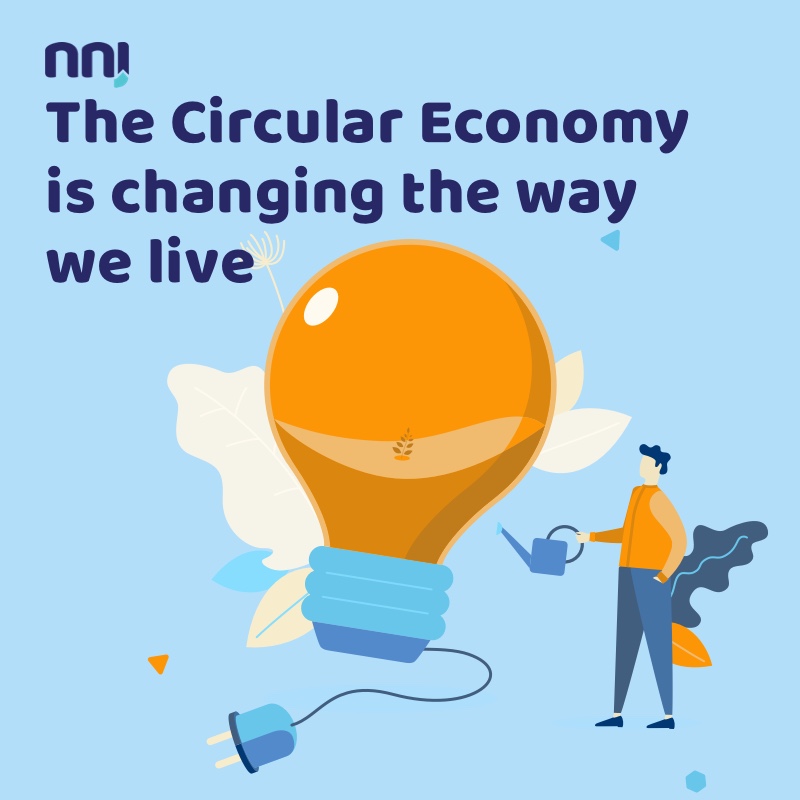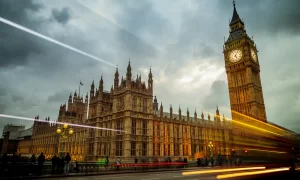As we face pressing environmental and economic challenges, the concept of a circular economy has emerged as a game-changer in reshaping our way of life. By shifting from a linear “take-make-dispose” model to a circular one that prioritizes resource efficiency and sustainability, the circular economy has revolutionized how we view and manage resources. The impact and potential this approach holds are profound, both for businesses and individuals. Let’s explore how the circular economy has transformed our way of life.
1. Rethinking Consumption Patterns:
In the past, we often valued products based on their short-term functionality, buying, and disposing of them without considering the consequences. The circular economy challenges this mindset by emphasizing resource efficiency, durability, and recyclability. Today, products are designed to be easily repaired, reused, or recycled, promoting a shift towards a culture of long-term value and responsible consumption.
2. Innovative Business Models:
The circular economy has driven the emergence of innovative business models, such as product-as-a-service and sharing platforms. From ride-sharing to furniture rental, these models encourage collaboration and the efficient usage of resources. They help reduce waste and maximize value, while also providing increased access and convenience to consumers.
3. Closing the Loop:
In a circular economy, waste is no longer considered waste but rather a valuable resource. Through recycling, upcycling, and industrial symbiosis, the circularity of materials is maximized, minimizing the need for virgin resources. This promotes a closed-loop system where materials are continuously circulated, reducing the strain on the environment and lowering carbon emissions.
4. Fostering Sustainable Innovation:
The circular economy compels businesses to think creatively and develop sustainable solutions. Companies are encouraged to improve product designs, consider alternative materials, and invest in renewable energy sources. This fosters a culture of continuous innovation, pushing technological boundaries and accelerating the development of sustainable solutions across industries.
5. Job Creation and Economic Growth:
The transition to a circular economy presents significant economic opportunities. By adopting sustainable practices and embracing circularity, businesses can tap into new markets, optimize resource use, and reduce costs. Furthermore, the shift creates new job opportunities in areas such as recycling, maintenance, and remanufacturing, thus fostering economic growth while simultaneously addressing environmental challenges.
The circular economy has undoubtedly revolutionized our way of life by challenging conventional consumption patterns and promoting sustainable, resource-efficient practices. It offers exciting opportunities for businesses to drive innovation, reduce environmental impact, and create economic value. As individuals, we can contribute to this revolution by making conscious choices, supporting companies that prioritize circularity, and advocating for policies that enable a sustainable future. Together, we can build a more resilient, regenerative, and prosperous world for future generations.




